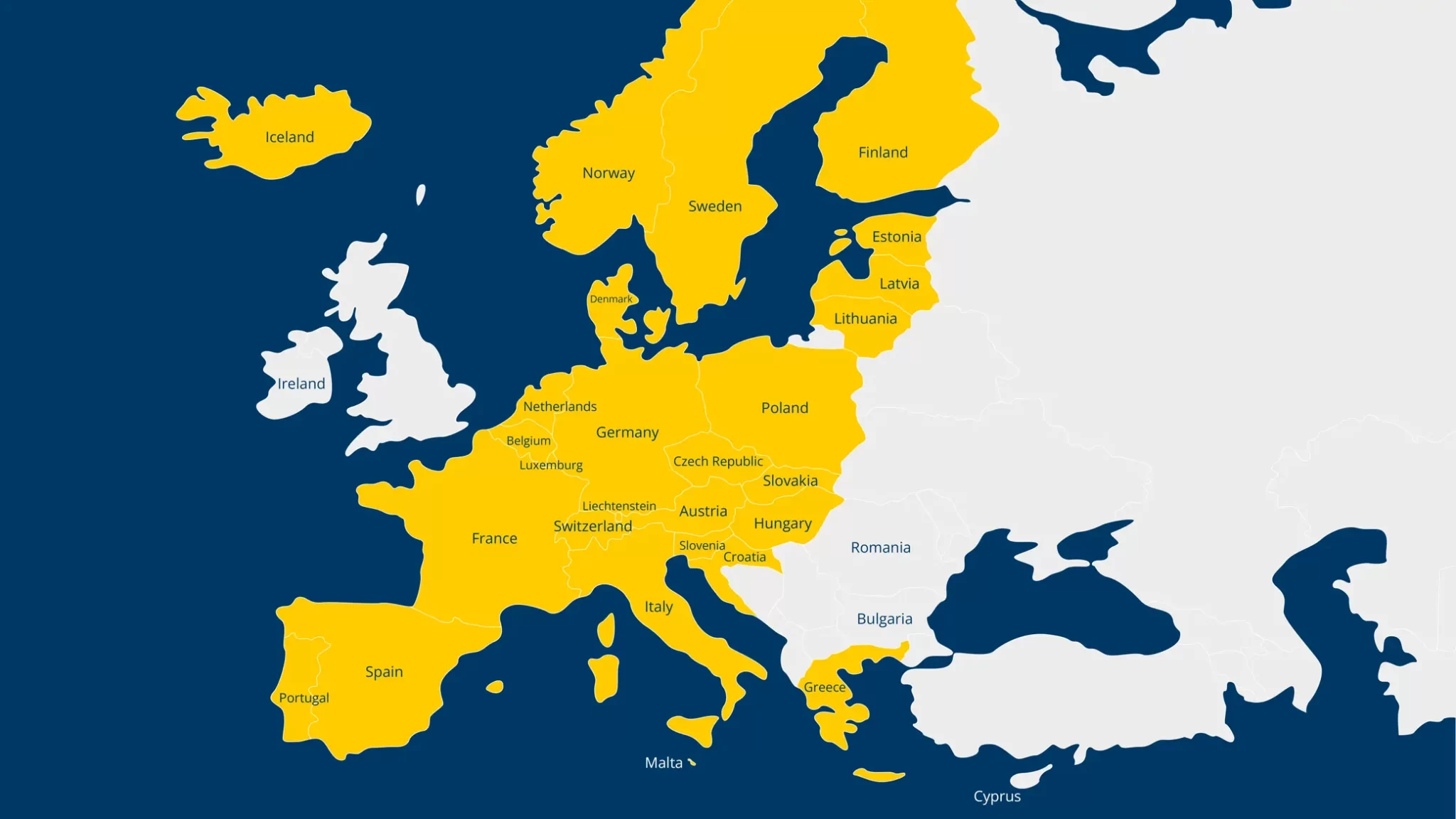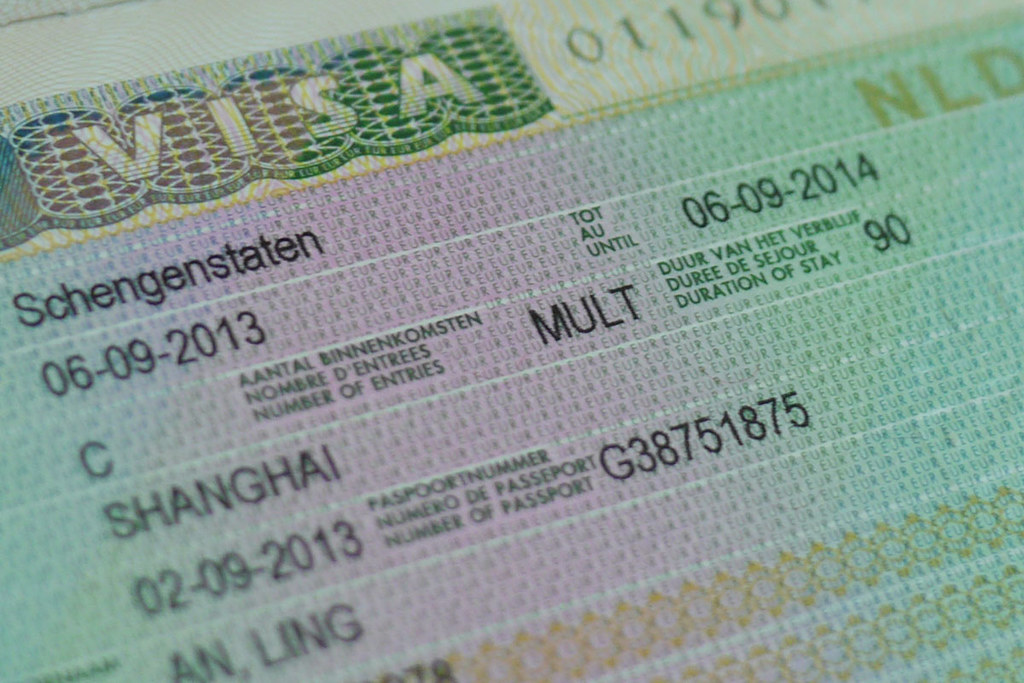A significant leap towards digitizing visa procedures in the Schengen Zone has been taken within the European Union. The European Parliament has formally endorsed the agreements reached by the EU’s principal institutions to facilitate the digitalization of visas in the Schengen Zone.
This signifies the second-to-last stage before the legislative act takes full effect. The subsequent step entails the approval of EU member state ministers during an upcoming meeting of the EU Council scheduled for November 12th.
The EU’s novel regulations are geared towards digitizing visa applications for third-country nationals desiring to visit the Schengen Zone, as well as for citizens of EU member countries not encompassed within the Schengen Zone. European Union lawmakers are optimistic that this move will expedite and streamline the visa application process, rendering it more cost-efficient. Moreover, it is anticipated to bolster security, as the applications will be cryptographically signed, bolstering their resistance to tampering.
The plan is for the submission of digital visas to be channeled through a unified online platform. Even EU member states such as Bulgaria and Romania, which are not part of the Schengen Zone, will reap the benefits of this new legislation, as it will also digitize their visa procedures, eliminating the necessity for distinct applications for Schengen visas.
Upon receiving approval from ministers at the EU Council meeting in November, this legislative act will be published in the official EU journal and will become effective twenty days following publication. This legislative act will become obligatory seven years from the date of its approval.
Sources within the European Parliament have indicated that this legislative act is projected to become mandatory around 2031 or 2032, albeit it will operate on a voluntary basis commencing in 2025.










